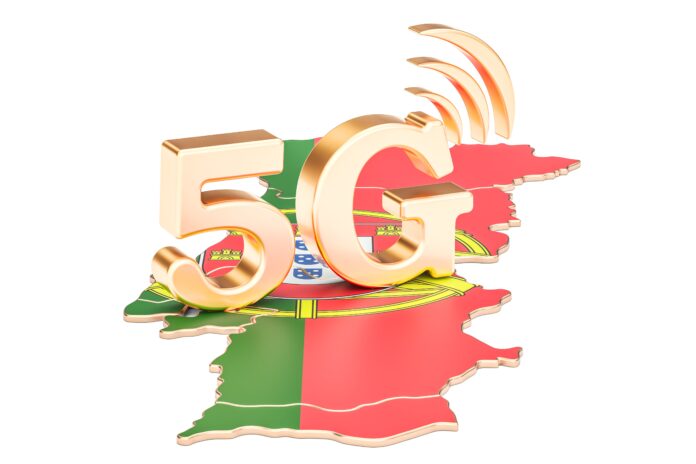Vendor was not named but cyber security chief cites “high-risk vendors” which is often code for Chinese techcos
The Financial Times [subscription needed] reports the Portuguese government looks to be mulling a ban on Huawei equipment in 5G networks in what would be a major policy U-turn.
A deliberation by a senior national security official, António Gameiro Marques, outlines the rationale behind and plans to exclude or restrict the use of high risk equipment in the country’s 5G network – although what will be deemed high risk is not specified – and the deliberation is not binding without the Cabinet’s approval.
Who is high risk?
“High risk vendor” is used by many governments around the world to refer to Huawei and other Chinese tech providers when prohibiting or limiiting the use of their equipment in national infrastructure.
Altice Portugal (part of billionaire Patrick Drahi’s empire) is the largest of the three main mobile operators in the country and signed an agreement with Huawei in 2018 pledging to deploy its technology in its 5G build out.
Trump card
During the Trump presidency, the US Administration pressurised governments all over the world to prohibit the use of Huawei equipment in telecoms infrastructure on the grounds it would be used by the Chinese government for espionage. It also accused the company of breaking international trade sanctions against Iran and industrial espionage, among other things.
President Biden has continued where his predecessor left off in its stance towards China, especially as tensions escalate over the possibility of China invading Taiwan.
Some countries like Australia did not need the heavy-handed encouragement, others including the UK vacillated but finally decided on a ban along with Denmark, Sweden, Estonia, Latvia and Lithuania. Europe’s biggest economy, Germany is still reviewing the issue.
Danger of retaliation?
China openly threatened Sweden – and Swedish network equipment provider Ericsson – with retaliation when it banned the use of Huawei equipment in the country’s 5G infrastructure, which is interesting in the light of a potential ban by Portugal, which is one of the biggest per capita recipients of Chinese investment.
Having languished in economic doldrums for some years, the Financial Times says Portugal flourished as economic links between the two countries grew over the past decade.



